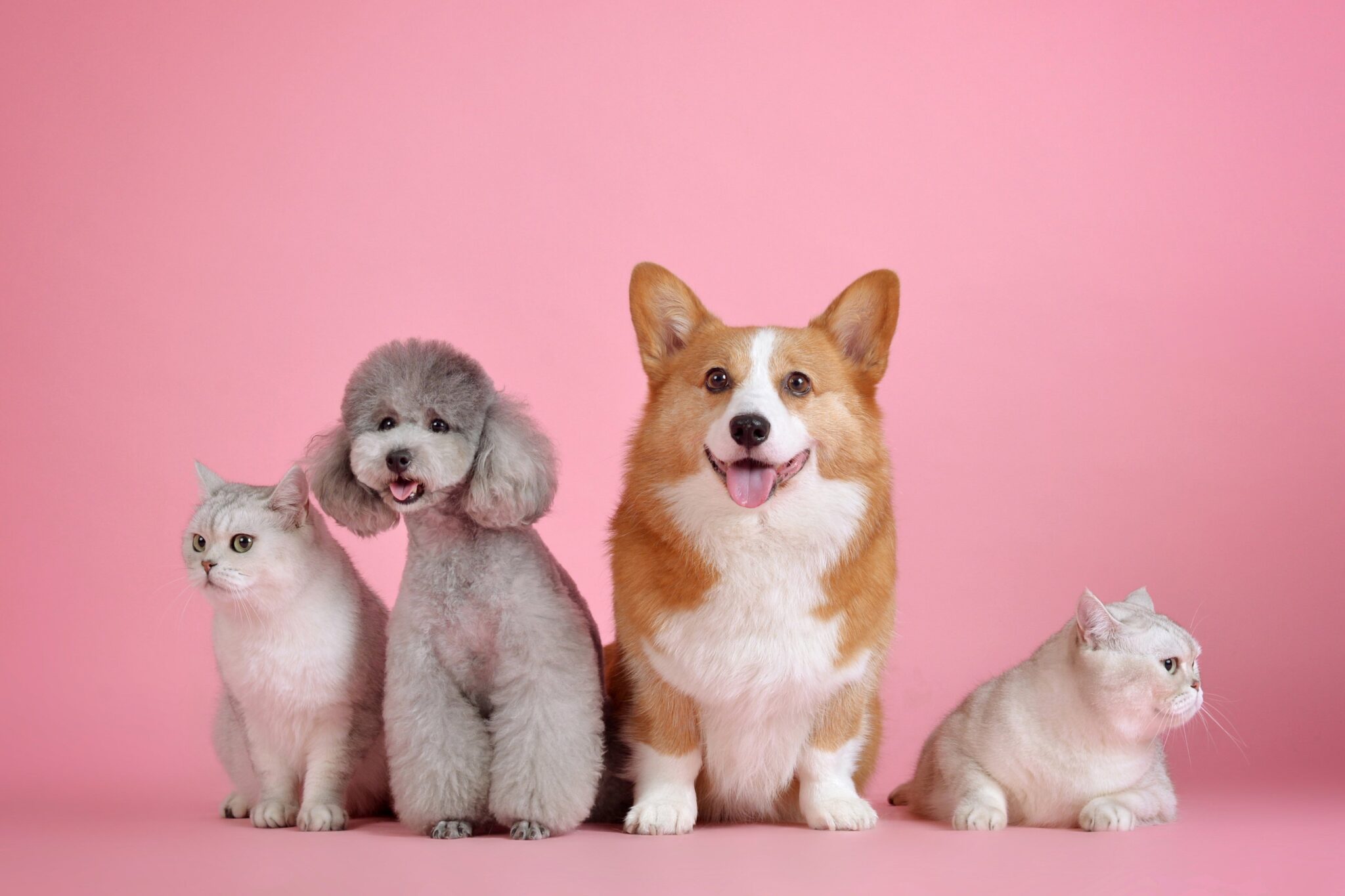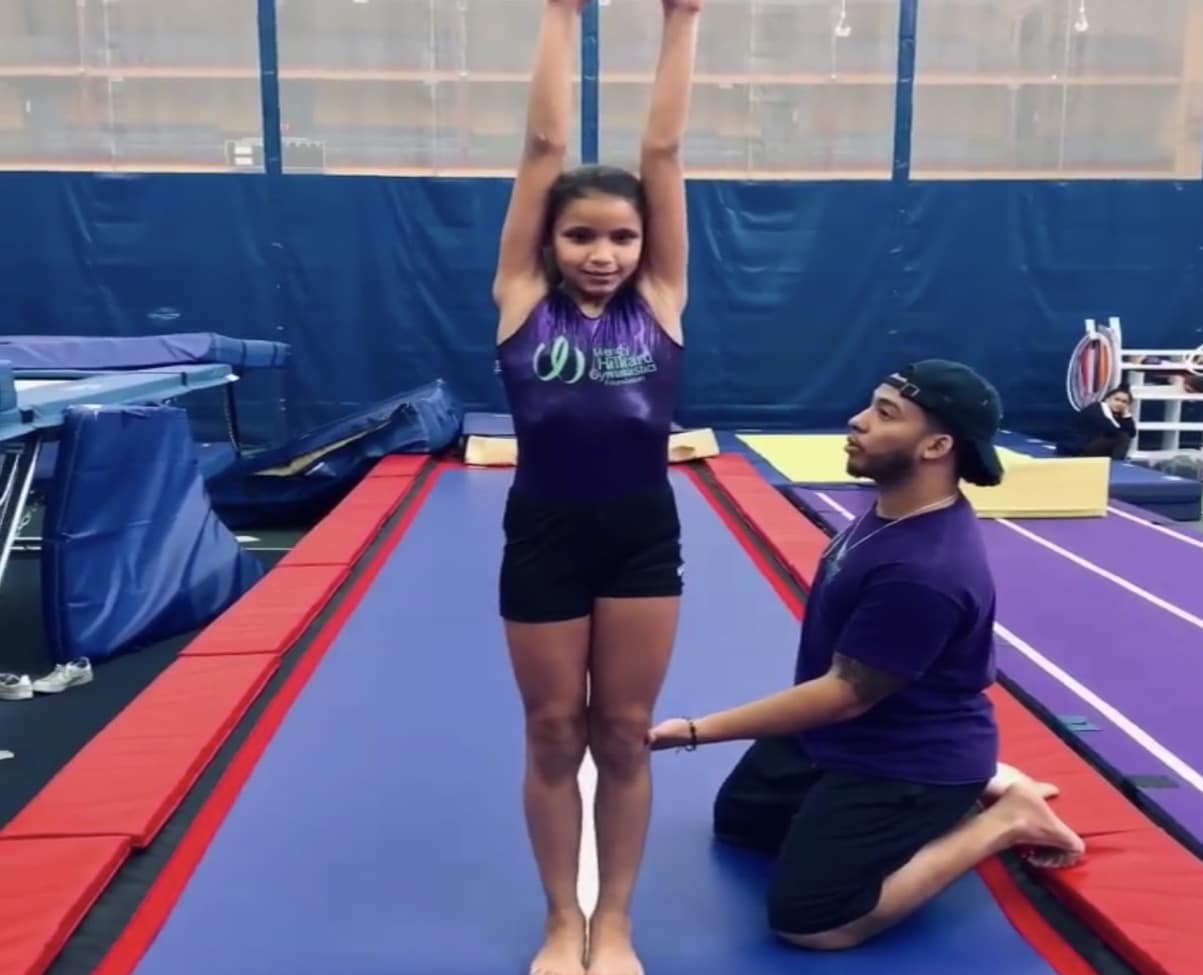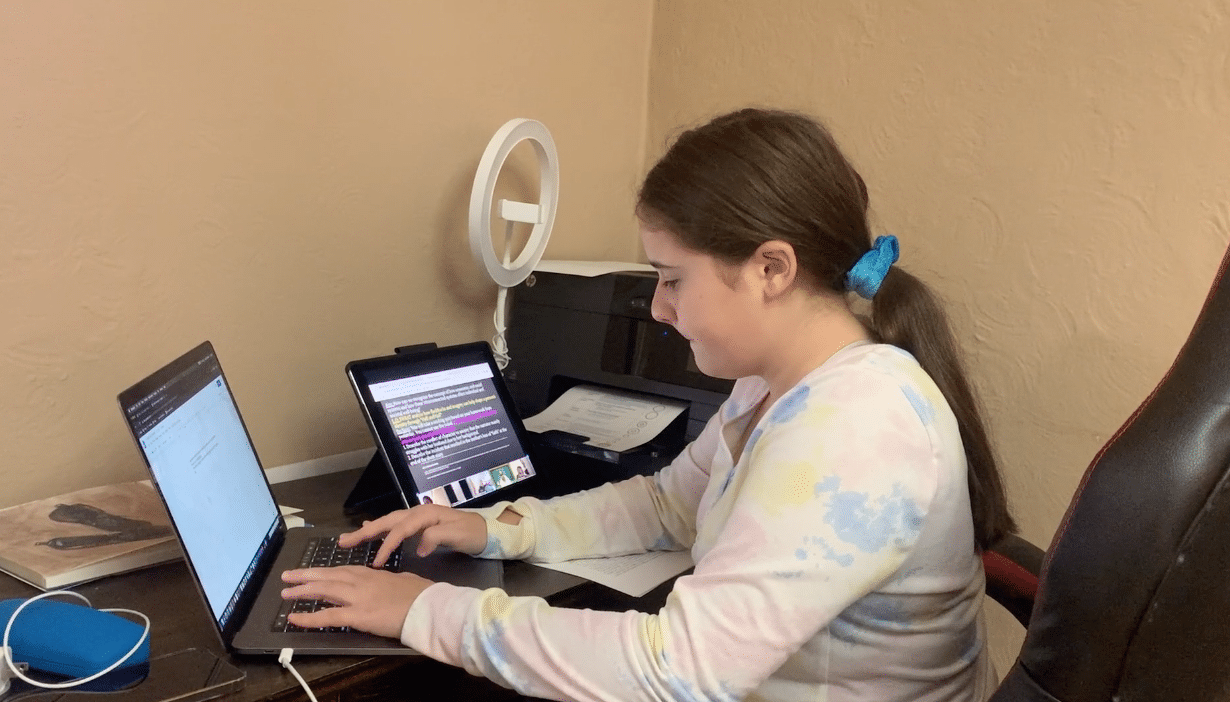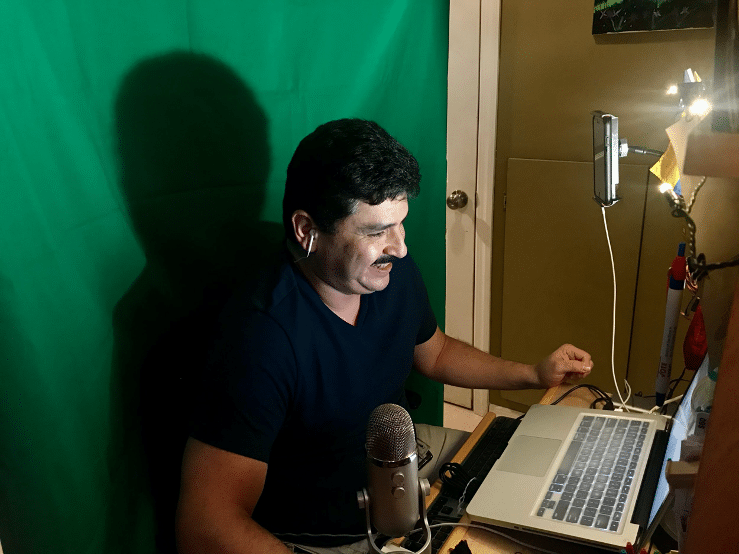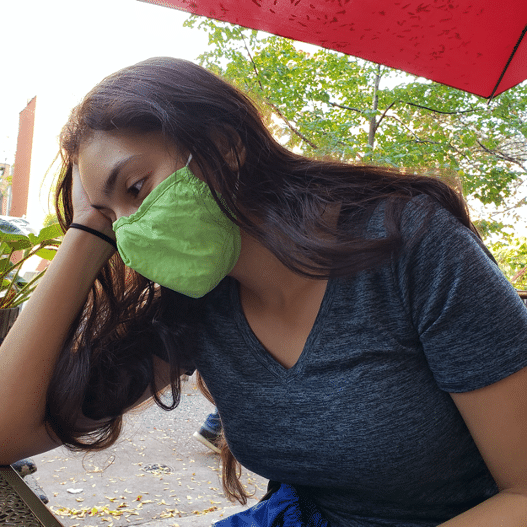It's not just dogs that have proven to truly be man's best friend during the pandemic.
Kaycee Neal works as a receptionist for a car dealership from her home in Queens. She spent months working from home alone until she found a companion to help keep her company during the pandemic. She bought a poodle from a breeder in Pennsylvania. “I was bored and stuck at home because of quarantine. With no human interaction or anything to do, I thought it would be a great time to take on the responsibility of caring for a pet,” she said.
Neal is one of many who have added a furry friend to their family over the last year. According to a survey from TD Ameritrade, pet adoptions have increased dramatically. It found that 33 percent of Americans have considered fostering or adopting a pet now that social distancing is the norm. Eighty-nine percent of respondents said their pets bring them comfort at this time, and they feel less lonely with a pet.
Neal named her new poodle Chloe—a name for growth and discovery in Greek mythology. Neal considers Chloe more than her pet. “Chloe is very special to me, especially since we spent months together just bonding without interruption. She is like my daughter,” she said.
The TD Ameritrade survey found many feel just like Kaycee Neal. They consider their pet their best friend. Seventy-seven percent of American pet owners consider their pet their “fur baby.” Millennials seem to have a special connection to their pets. Seventy-one percent of Millennial pet owners consider their pet their “starter child.”
This surge in new pet owners has helped ease the burden on animal shelters and given the pet industry a big boost during the pandemic. MarketWatch reported that Petco, a retailer specializing in pet food and accessories, found Americans added 3.3 million pets to their families in 2020. These new pet owners don’t hesitate to spend money on their new family members. “Cutting back on pets is one of the last things people will do,” Petco Chief Executive Ron Coughlin said.
During the pandemic, the New York City ASPCA has had to adjust the way they do adoptions. “As we began promoting remote adoptions, we weren’t sure how people would respond or how it would affect getting animals into loving homes. But over the past few months, we’ve seen such support, and dogs and cats are finding families every day, not just with us, but with rescues and shelters nationwide,” said Ruth Allen, Director of Matchmaking & Admission at the ASPCA Adoption Center in Manhattan.
Kaycee Neal found that training Chole helped break up the boredom and isolation of the last year and strengthened the bond between the two of them. She said, “Having time to train, adjust, and properly care for a new pet makes being a new pet owner easier.”
Tags: Angelica Johnson Animal Adoption City College Journalism Coronavirus COVID Pets COVID-19 Cuny Pet Ownership The City College of New York
Series: Coronavirus
